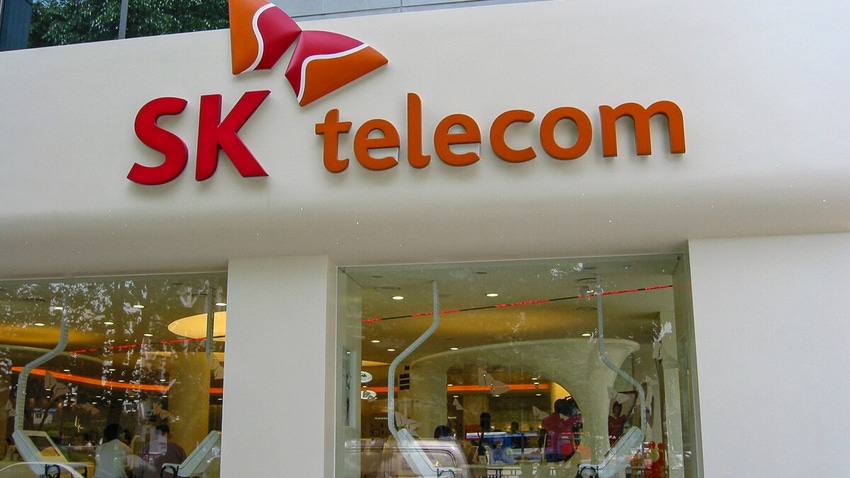SKT: 5G fell short
South Korean telco SKT wants to avoid repeat of 5G even as it charges to 6G start line.

In Asia, 6G white papers have become a minor cottage industry thanks to the competition between the tech powers in the northeast of the continent. But the latest contribution to the genre, from South Korea's SK Telecom (SKT), stands out for its touch of candor on 5G.
We've heard plenty of admissions from the industry about 5G's shortcomings, but it is less common to hear an operator acknowledge, even mildly, some of its own mistakes.
In a paper issued last week, SKT states correctly the industry is far from achieving its 5G goals even four years after commercialization. It reminds us that prior to 5G's debut, services such as XR and autonomous driving had been talked up but came nowhere near to expectations.
There were "misunderstandings" about network performance and problems such as device form factors and lack of market demand, it said. "A variety of visionary services were expected, but there was no killer service," the paper stated. "We should have taken a more objective perspective," it added.
The authors concluded that instead of expecting that the new technology alone could create successful services, it would have been more effective to have collaborated with partners to build a broader 5G ecosystem.
6G race underway
If this approach had been adopted, "the gap between the public's expectations for 5G and the reality would not have been large."
This is salient right now as the race to 6G is well and truly underway. It is especially noteworthy for the South Korean telcos who, guided by their government, brought the world's first 5G services to market, all starting on the same day in May 2019 with extremely limited coverage.
As it happens, South Korea is hoping to do the same thing with 6G. It has set the industry's most ambitious target launch date of 2028, well ahead of the expected finalization of the standard in 2030. If this timetable comes to fruition, we are almost halfway through the 5G lifecycle already.
This manic dash to the start line doesn't inspire confidence that 6G won't be beset by some of 5G's problems. The SKT paper urges the industry to collaborate to set realistic goals and keep close to the market and consumers. Can't argue with that. But right now it looks like technology dominance rather than customer alignment is driving 6G forward.
Related posts:
— Robert Clark, Contributing Editor, special to Light Reading
Read more about:
AsiaAbout the Author(s)
You May Also Like












